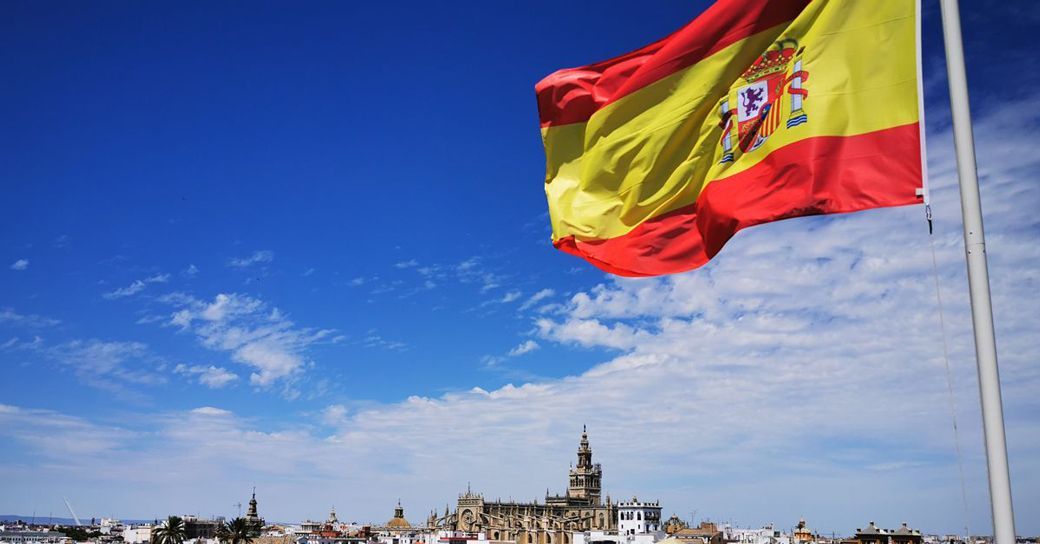
The Spanish Gambling Authority (DGOJ) recently adopted all the resolutions of the SIGMA program, an important step in Spain’s fight against match-fixing and maintaining the integrity of the industry . The SIGMA program, Spain’s new centralized directive, was developed in 2022 and launched in the first quarter of this year.
The main objective of the SIGMA program is to create a cooperative network to combat criminal activity and prevent match-fixing in Spanish sports. This objective is achieved through a series of initiatives, including the launch of a whistleblower portal for the public, athletes and employees working in Spanish sports and gambling, which allows cases of manipulation and fraud to be reported to the authorities.
In addition to the whistleblower portal, the SIGMA program also includes the creation of a cooperative network and database for Spanish authorities to monitor and record incidents and suspicious activity related to manipulation in sports.
On 28 June, DGOJ Director General Mikel Arana announced approval for gambling operators holding individual racing or sports betting licences to join the SIGMA programme. The move aims to create a central research service for betting markets.
As part of this mandate, all operators holding DGOJ licenses are required to provide access to the SiGMA whistleblower portal for their employees as a condition of the license. In addition, SIGMA duties and procedures will be added to Spanish gambling licenses. This means that operators must promptly report suspicious sports bets to the authorities working under the SIGMA program.
The DGOJ became the guarantor of the SIGMA program along with the Spanish Supreme Sports Council, the Royal Spanish Football Federation (RFEF), La Liga, the Royal Spanish Tennis Federation (RFET), the Professional Footballers' Association (AFE), the National Police, the Civil Guard and the Basque Autonomous Police.
Arana said: “With this resolution, the Directorate General takes another step in its commitment to combating corruption related to the manipulation of sports competitions and the frequent fraud in betting on such events.”
June ended with the DGOJ holding a Plenary Meeting of the Gaming Policy Council. This meeting of federal and regional participants focused on the development and implementation of new centralised systems and controls provided for by the approved Royal Decree on the Responsible Gaming Environment. The new measures include a centralised player register, new record-keeping obligations for players under 25, and a deposit limit between operators that will apply to DGOJ licences.
At the meeting, Andrés Urbiola, the special minister appointed by the Ministry of Consumer Affairs to oversee federal gambling reforms, was introduced to the Spanish participants. The appointment of a special minister to oversee gambling reforms was requested by Pablo Bustinduy, the Minister of Consumer Affairs and Social Rights of Spain, in order to push for change.
Bustinduy noted the importance of federal gambling reforms, which should be linked to the new Action Plan to Combat Addiction, which will be launched in 2025. This comprehensive plan aims to address various forms of addiction, including gambling, and is expected to bring about significant changes in Spain's approach to the prevention and treatment of addictions.
Source